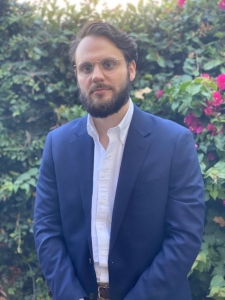Jonah Rexer
Jonah Rexer is a PhD Candidate in the Business Economics and Public Policy department at Wharton. He studies organized crime, conflict, corruption, and multinational investment in resource-rich developing economies.
He has previously worked as a consultant for the Ministry of Finance and the World Bank in Myanmar, and as a researcher for BRAC in Uganda. He has an MPA/ID from the Harvard Kennedy School and a BA in International Relations from Stanford University.


